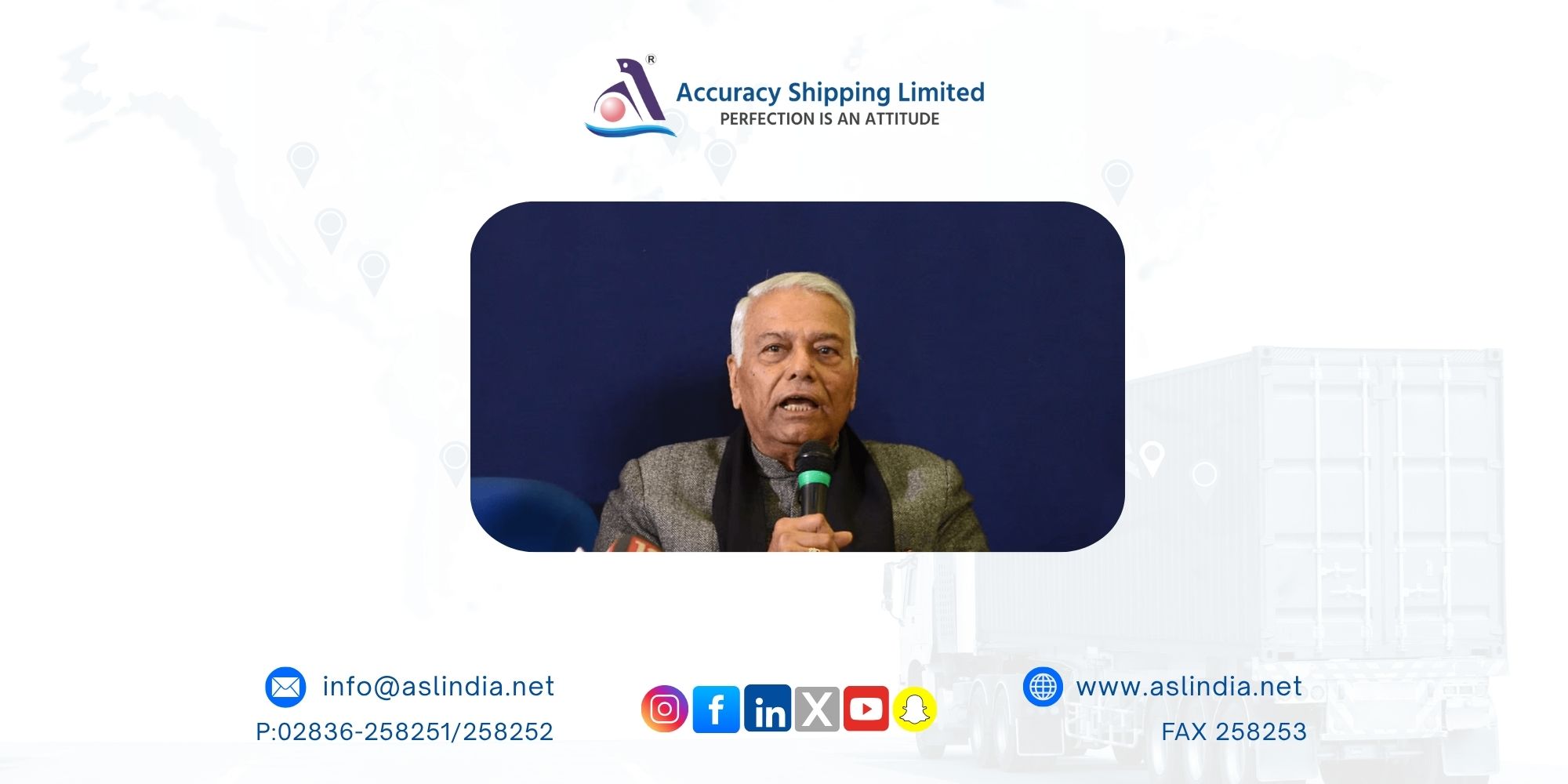‘India stands completely isolated’, Yashwant Sinha slams govt after SCO members refuse to accept India’s message on Pahalgam

In a sharp rebuke to the Modi government, former External Affairs Minister Yashwant Sinha has ignited a political firestorm by accusing the administration of leaving India diplomatically isolated. His criticism follows the recent Shanghai Cooperation Organisation (SCO) Defence Ministers’ meeting, where India’s plea to include references to terrorism particularly the deadly Pahalgam attack was notably ignored in the final communique.
Sinha’s Scathing Post on X (Formerly Twitter)
Taking to X, Sinha stated, “India stands completely isolated at the global stage. The SCO communique is the latest example where the terror attack at Pahalgam has been ignored and Baluchistan has been mentioned. The Prime Minister has failed completely and must resign.” His remarks highlight deep concerns over India’s diminishing influence in multilateral forums, especially when core national interests like terrorism are sidelined.
India Refuses to Endorse SCO Statement
India, represented by Defence Minister Rajnath Singh, withheld endorsement of the SCO communique precisely because it failed to acknowledge the Pahalgam attack, in which several Indian soldiers lost their lives. The Ministry of External Affairs later clarified that India’s efforts to include references to terrorism were thwarted by “one particular country,” widely believed to be Pakistan or a close ally. Despite India’s objections, the communique included references to Balochistan, escalating the controversy further.
Polarized Reactions Across the Political Spectrum
Sinha’s comments have triggered intense political debate. Opposition leaders echoed his sentiment, warning that India’s diplomatic standing is slipping under the current administration. They argue that a lack of strategic foresight and weakening international alliances are contributing to India’s global marginalization. On the other hand, government supporters defended India’s decision to stand firm against a diluted communique, calling it a principled move against international hypocrisy on terrorism.
A Sign of Growing Challenges in Multilateral Engagements?
Experts note that the SCO episode may signify a broader trend India’s growing struggle to influence global discourse within multilateral groupings. The inclusion of Balochistan without acknowledgment of Indian security concerns suggests shifting dynamics, where even long-standing platforms may not fully accommodate India’s geopolitical narratives.
Conclusion: A Critical Moment in Indian Diplomacy
Whether one views it as a diplomatic setback or a principled stand, the episode underscores a critical moment for India’s foreign policy. With global forums increasingly reflecting competing interests, the government faces the challenge of recalibrating its diplomatic strategy to ensure national priorities are neither diluted nor ignored.







